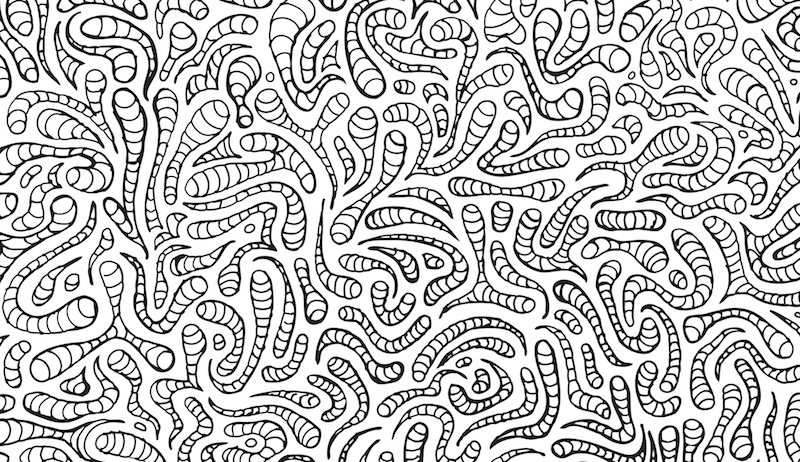The thought of having a parasite crawling around in your body can be quite scary, but you’re not alone; parasites are more common than you think.
Parasites are animals or plants that can only survive by living in another plant or animal. Parasites vary in size and type and feed off different things. There are several parasites that, if left unmanaged, can cause health problems.
How do you get parasites?
Some live off the food you eat and mainly exist in your digestive tract. Other parasites attach themselves anywhere on the body and feed on the nutrients and energy from your cells. Common parasites include roundworms, tapeworms, pinworms, whipworms and hookworms. Some eat your food, leaving you hungry after every meal. You may notice you’re losing weight without even trying! Others feed off your red blood cells which can cause anaemia. Some lay eggs that trigger irritation, and itching. You can also get parasites from:
- Drinking contaminated water.
- Eating foods from contaminated soil.
- Being in contact with contaminated faeces.
- Poor sanitation.
- Poor hygiene.
- A bug bite.
- Sexual contact.
Prevention
Parasites and germs need three things:
- An environment or source to live.
- An animal or person to carry it around.
- A host: which is the person or animal that gets infected with the germ or parasite and gets sick.
Lower your risk of contracting a parasitic infection:
- Wash your hands regularly, especially after handling uncooked food or faeces.
- Always use a condom during sex.
- Cook food up to its recommended temperature.
- Drink clean water.
- Avoid swallowing water from lakes, streams, or ponds.
- Avoid cat litter and faeces when you’re pregnant.
Change your diet
Both fibre and probiotics are important to keep your bowel movements regular and help empty out parasites from your intestines. Yoghurt is a good source of probiotics, while fresh vegetables, wholegrains and nuts are your best choice of fibre. In addition:
- Go easy on sugar and fat.
- Cook all meat thoroughly.
- Wash fresh vegetables carefully.
- Wash your hands before and after using the toilet.
- Wear gloves when gardening or working with soil.
- Deworm your pets regularly and handle kitty litter with gloves.
Treatment
Your doctor will prescribe medication depending on the type of parasitic infection They might also include :
- A blood test.
- An exam where a sample of your stool will be checked for parasites and their eggs.
- X-rays, magnetic resonance imaging (MRI), or computerised axial tomography (CAT): These scans are used to check for signs of injury to your organs caused by parasites.
Your doctor may also do tests to check for bacteria or other things that cause infections.
References
- https://www.healthline.com/health/trichinosis
- https://medlineplus.gov/parasiticdiseases.html#cat_93
- https://www.cdc.gov/parasites/references_resources/diagnosis.html
- https://www.medicalnewstoday.com/articles/324042.php
- https://www.healthline.com/health/parasitic-infections#symptoms



